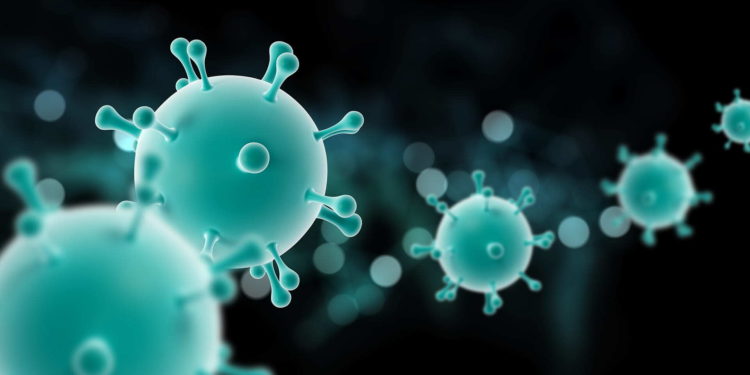Hypogammaglobulinemia is an immune system disorder that occurs when the body produces less of a certain class of proteins called immunoglobulins, or antibodies. Your blood contains these antibodies, which work as tiny combatants to help your immune system in identifying and eliminating pathogens such as bacteria and viruses. Normally, your immune system releases these antibodies to combat and eliminate any potential health risks when it comes into touch with them.
Simply put, this condition makes it tough for the body to stay protected from infections because immunity is too low for it. This might mean that your body will have a harder time fighting off infections, such as sinus infections, pneumonia, and colds.
Your immune system may not have as many antibodies to fight off sicknesses, so you may notice that it takes you longer to recover when you do get sick.
Furthermore, the body of a person with hypogammaglobulinemia produces insufficient amounts of these antibodies. This condition is not like that a person has zero immunity, it is similar to having a smaller defense to fight against illnesses, but it doesn’t mean your immune system isn’t functioning at all.
How important are antibodies in the blood and what purpose do they serve?
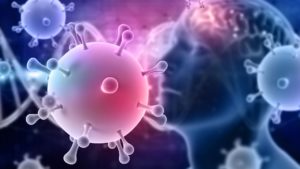
The vital proteins in your blood called antibodies are essential for maintaining your health. These antibodies in the blood are the body’s natural defense mechanism against pathogens bacteria, viruses, and other dangerous attackers that can lead to illness attack.
Your immune system reacts to foreign substances by creating antibodies that are particularly made to target the attacker. This process occurs when something dangerous enters your body. Every antibody functions as an adapted lock and key system, perfectly matching a particular antigen that is a distinct component of the disturbing pathogen. The antibodies in the blood can attach themselves to the virus effectively because of this perfect matching.
Bacteria or any harmful things can enter the body because humans interact with the environment and often can’t see such attackers with the naked eye. Attacker here refers to harmful bacteria, viruses, or such stuff.
All things considered, antibodies in the blood are critical for recognizing and removing health risks. Without antibodies in the blood or immune system, your body wouldn’t be able to fight off the innumerable bacteria it comes into contact with daily. They put forth endless effort in the background to preserve your general health and immune system functionality.
Once joined, antibodies perform numerous essential tasks:
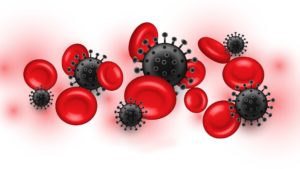
- By preventing the disease from entering and infecting your cells, they can immediately neutralize it. When the antibody has essentially neutralized the dangerous intruder, it is unable to do any harm.
- Pathogens can be marked by antibodies for eradication, which facilitates their recognition and removal by phagocytes and other immune cells. It’s similar to revealing the germ so the rest of your immune system is aware of exactly where to launch an attack.
- By creating holes in the pathogen’s surface or increasing its appeal to immune cells that will swallow and digest it, they can set off a chain of events known as the complement system, which helps in the pathogen’s destruction.
- Antibodies bind to pathogen-produced toxins to stop them from damaging your cells and infecting you.
- Certain antibodies stay in your body after warding off an infection, offering continuous defense. This indicates that your body may react to an infection more rapidly and efficiently, often keeping you healthy altogether, if the same virus tries to penetrate again. Vaccines also function on this principle, introducing a safe fragment of the pathogen to induce antibody formation without causing disease.
Hypogammaglobulinemia symptoms
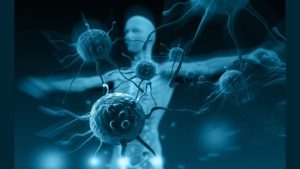
Although the signs and Hypogammaglobulinemia symptoms differ from person to person, they usually center on the body’s reduced capacity to fight infections as a result of low antibody levels. These are a few typical symptoms:
Frequent Infections: Individuals with hypogammaglobulinemia frequently become infected. These could include pneumonia, bronchitis, sinus infections, and ear infections. These infections may occur more frequently than usual and may require more time to heal.
Chronic Infections: Infections that continue or return after treatment may affect certain persons. This is a result of the immune system’s inability to completely eradicate the pathogenic microorganisms.
Breathing problems: Repeated or long-term lung infections can cause breathing problems, coughing fits, and wheezing fits. Repeated lung infections have the potential to worsen lung conditions over time.
Digestive Problems: Individuals with hypogammaglobulinemia may experience digestive problems, including bloating, stomach discomfort, or persistent diarrhea. Infections affecting the digestive tract may cause this.
Exhaustion: Feelings of exhaustion can be brought on by stubborn infections and the body’s ongoing battle against them. This is a constant, unbearable sense of lethargy, not just a little tiredness.
Skin Infections: Skin infections, such as abscesses or boils, can happen more frequently and recover more slowly.
Enlarged Spleen or Lymph Nodes: Some people may experience swollen or enlarged spleen or lymph nodes, which are small, bean-shaped glands that help in the battle against infection, as a result of their immune system being overactive.
Autoimmune difficulties: Autoimmune difficulties arise when the body’s own tissues are attacked by the immune system. Depending on which portion of the body is impacted, this may result in symptoms including skin rashes, joint pain, or other problems.
Nonetheless, an important thing to note is; that it’s wise to speak with a healthcare professional if you or someone you know is showing these symptoms, particularly if the infection is severe or recurring. To find out if hypogammaglobulinemia or another immune-related disorder could be the reason, they can track with testing. Don’t be ashamed to ask for help or consultation, if needed.
Causes of hypogammaglobulinemia
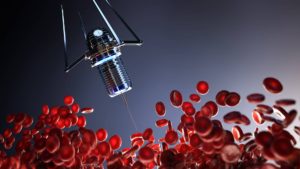
The following is a list of the causes of Low immunoglobulin:
Mutations in the Genetics
- BTK gene mutations impair B cell development and maturation, which reduces the generation of enough antibodies.
Early Birth
- Transient hypogammaglobulinemia of infancy (THI) is more common when an infant is born prematurely and does not obtain enough antibodies from their mother before delivery.
Inherited conditions (primary immunodeficiencies)
- Common Variable Immunodeficiency (CVID)
- Syndromes of hyper-IgM
- Deficiency in the IgG subclass
- Severe combined immunodeficiency (SCID)
- Specific antibodies Deficiency (SAD)
- Wiskott-Aldrich syndrome
Acquired or Secondary Causes
- Cancers of the blood, including myeloma, lymphoma, and chronic lymphocytic leukemia (CLL)
- HIV
- Inadequate dietary intake
- Enteropathy with loss of protein
- Transplantation of organs
- Exposure to radiation
Drugs
- Immunosuppressive medications, such as corticosteroids
- Medications used in chemotherapy
- Drugs that prevent seizures
The body’s ability to fight off infections can be weakened by hypogammaglobulinemia. This disorder may arise later in life as a result of another medical illness or medicine, or it may be present from birth (due to hereditary factors).
Although medical care can help control hypogammaglobulinemia, it’s vital to realize that your immune system needs additional assistance to function properly.


